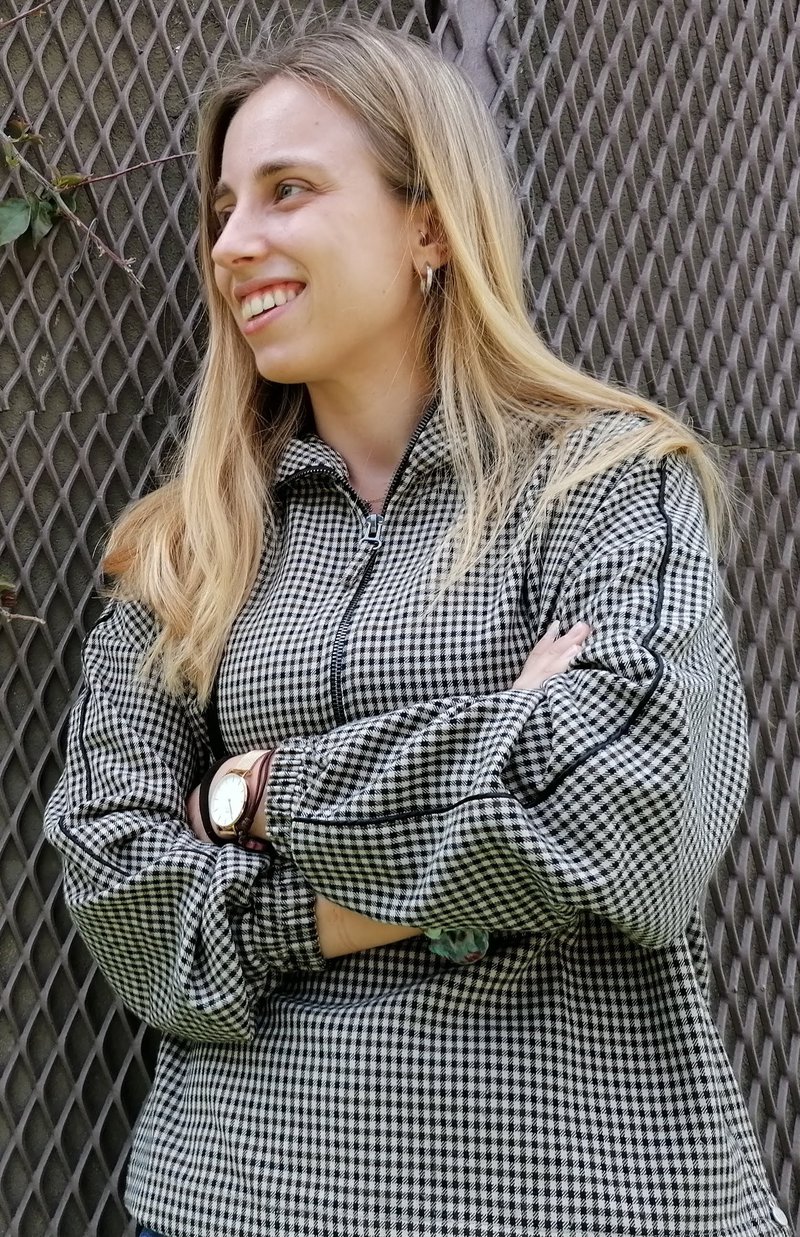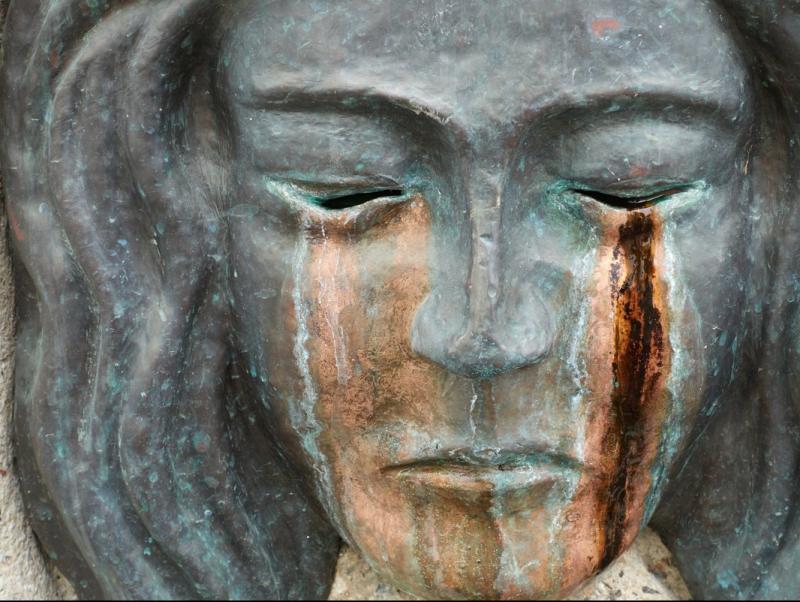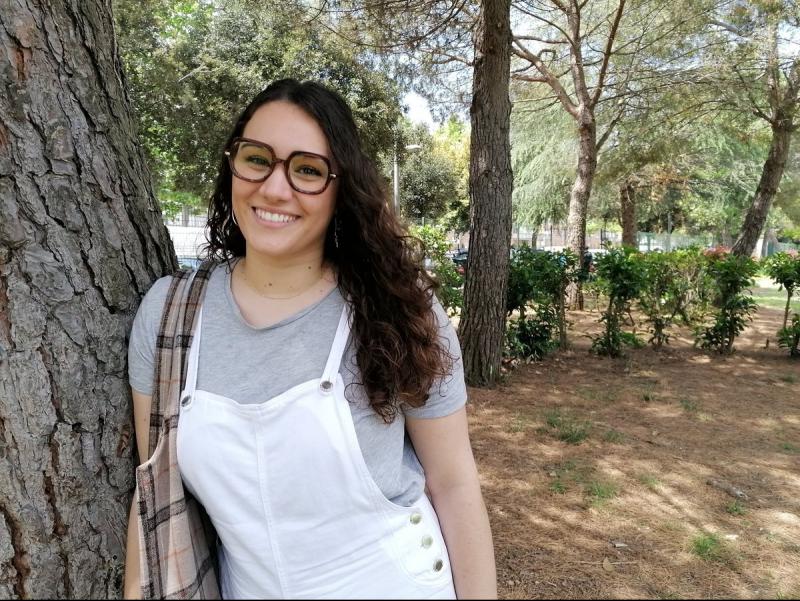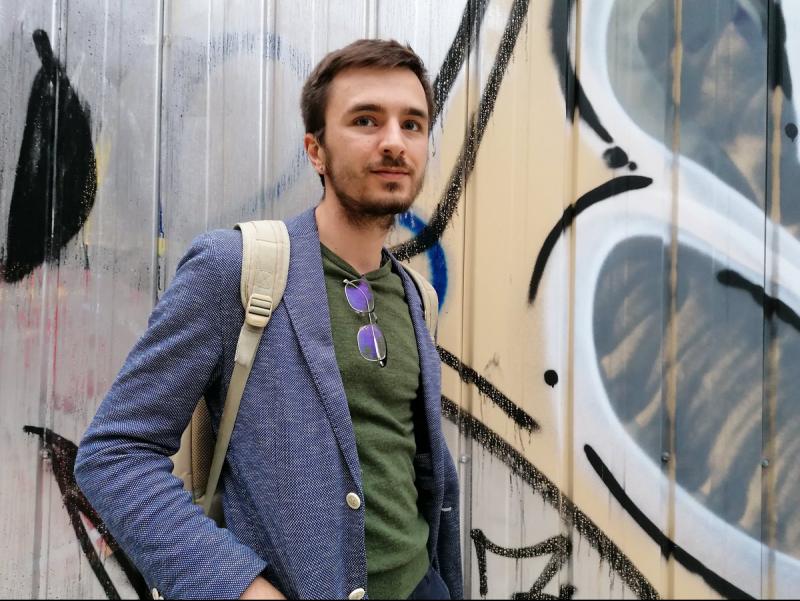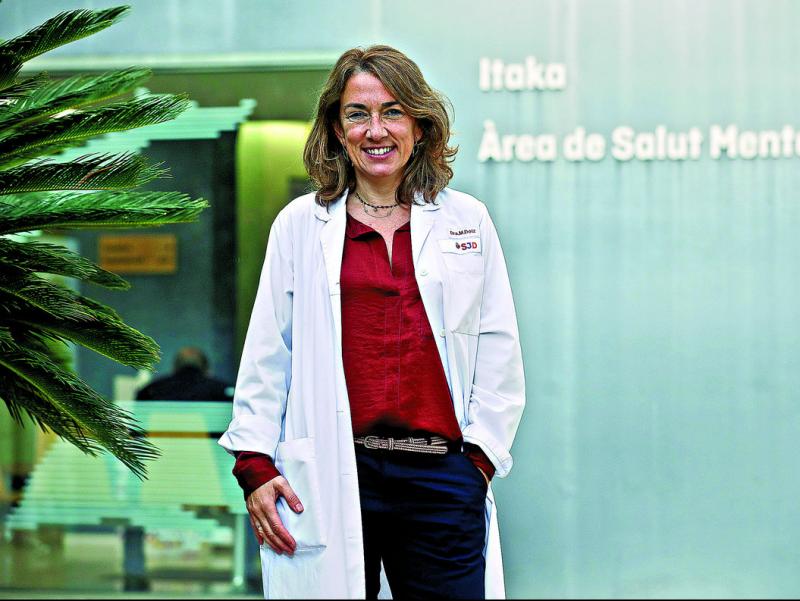Features
IRENE QUINTANA
“With help it is possible to overcome your problems”
After over four years of treatment, Irene Quintana has beaten her eating disorder and wants to talk about it to help other people
When did it all start?
At 10 I wasn’t happy with my body. When I started secondary school I would leave my breakfast at home and my mother had to take it to the school. In my third year, I started to get anxiety. I’ve always been very demanding with my studies and so decided I’d do my fourth year in Ireland. I had a bad time there and that’s when my food problems got worse. My mum there told my mum, and when I came back I went to a psychologist.
What was wrong with you?
At first the psychologists didn’t focus on food. At school I had a lot of anxiety attacks, shaking and I couldn’t breathe. I stopped taking exams: I would rather have a zero for not turning up than get a low grade. I studied compulsively and had many obsessions.
For example?
I had to count all the people in the class, I had to monitor traffic lights, I became superstitious... In the end I was diagnosed with obsessive-compulsive disorder (OCD). The topic of food hadn’t come up yet. I would spend a week eating only one thing. Everyone attributed it to OCD.
Did this hide the eating disorder?
Yes. I had to go into hospital for a week. It was there that I stopped eating, but hid it. I lost a lot of weight, but I had the excuse of being in hospital. By then I was aware I had a problem with food, but no one knew. I had a distorted image of my body, sometimes I looked thin, sometimes fat. One day I fainted and was diagnosed with gastroenteritis, and so I had another excuse not to eat.
Didn’t people around you notice?
In the summer I put on some weight because I became obsessed with ice cream. Friends knew nothing. Then I was assigned another psychologist. He had experience in the subject and he immediately saw what the problem was. Over time I have been able to control the obsessions but the food issue is more ingrained.
What was the treatment?
I was referred to a Food Pathology Unit. For the first few months I was there from all day. You can’t go to the bathroom alone, you have no access to social media, you can’t choose what to eat... As you get better, you gain privileges. I was there for four and a half years. We were all girls in my group and we did therapy together, and I’ve stayed friends with some of them. Seeing that you’re not the only one helps a lot.
What would you say to families?
Family support is very important, but when you’re ill you can’t see this support. I’d tell families to be very attentive to emotional changes, it’s important for parents to be mindful of their children’s mood. Unusual eating habits may not be so important by themselves, but if they are accompanied by an unstable mood it’s almost certain there’s a food issue.
More sensitive
“With the pandemic I’ve noticed that sometimes I’m much more sensitive, but I’m also managing well. I’m fine with food, but I know I have to be vigilant. I never eat alone, I prefer to eat with others. I’m lucky that my partner or parents always eat with me, and if they see something strange they tell me.”
Related news
Leave a comment
Sign in.
Sign in if you are already a verified reader.
I want to become verified reader.
To leave comments on the website you must be a verified reader.
Note: To leave comments on the website you must be a verified reader and accept the conditions of use.

